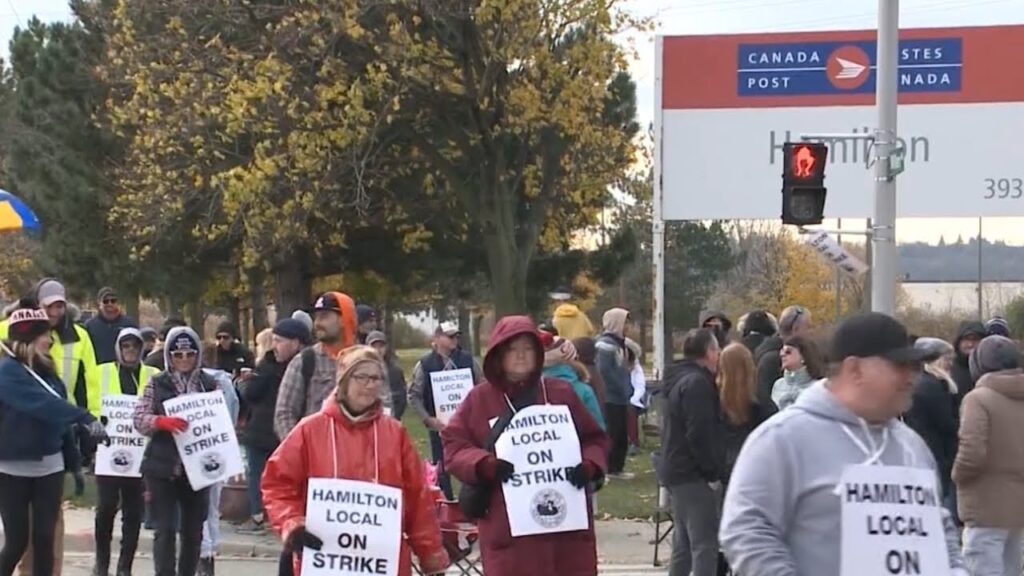
Introduction
The ongoing union negotiations at Canada Post are crucial for addressing the concerns of employees and ensuring the continuity of postal services across Canada. With the rise of e-commerce and changing consumer habits, the role of Canada Post has evolved, which in turn affects both workers and the services provided to Canadians.
Background of Negotiations
Canada Post is currently engaged in collective bargaining with the Canadian Union of Postal Workers (CUPW). This negotiation is essential as it comes after the previous collective agreement expired. The negotiations have gained attention due to concerns over worker wages, job security, and working conditions, all of which have become focal points in the discussions.
Current Developments
As of October 2023, discussions between Canada Post and CUWP representatives have not yet reached a conclusive agreement. Recent meetings have seen both parties presenting their proposals, and while some progress is reported, key issues remain unresolved. Union representatives are advocating for better wages and improved benefits for the workers, whereas Canada Post is trying to balance those demands with economic realities and operational costs.
The negotiations have been intensifying, especially with the holiday season approaching when postal services are in high demand. CUPW has stated that it is ready to take action if negotiations do not result in satisfactory outcomes. This could potentially lead to disruptions in postal services, which would have significant implications for businesses and consumers alike.
Importance of the Negotiation Outcomes
The outcomes of these negotiations could reshape the working conditions for approximately 50,000 Canada Post employees. Additionally, the resolution of these discussions is vital for maintaining efficient postal services, which are essential for daily communication and e-commerce logistics. If the negotiations fail to resolve key issues, it could provoke strike actions or service interruptions, leading to widespread consequences across both urban and rural communities in Canada.
Conclusion
As Canada Post and the union continue negotiations, the public and stakeholders are watching closely for any signs of progress. The importance of maintaining good labor relations cannot be overstated, given the critical role that postal services play in Canadian society. With updates expected in the weeks to come, both workers and customers are hopeful for an amicable resolution that prioritizes fair treatment for employees while ensuring the reliability of postal services. The negotiations at Canada Post reflect broader labor trends across Canada, making them significant not just for the postal workers but for workers in various sectors nationwide.




